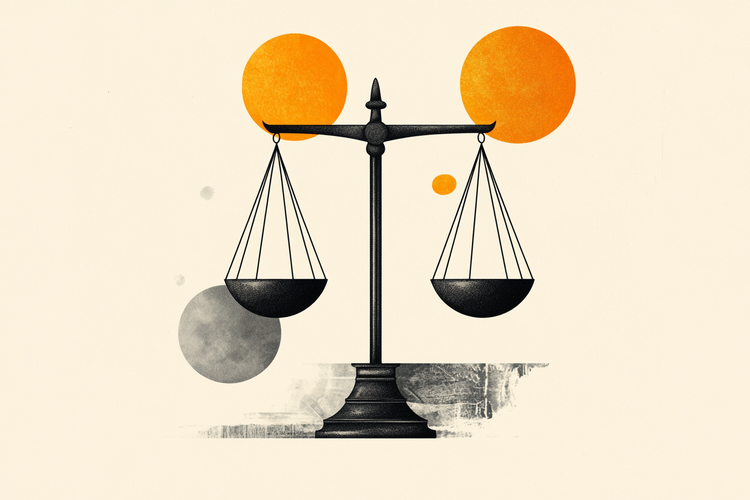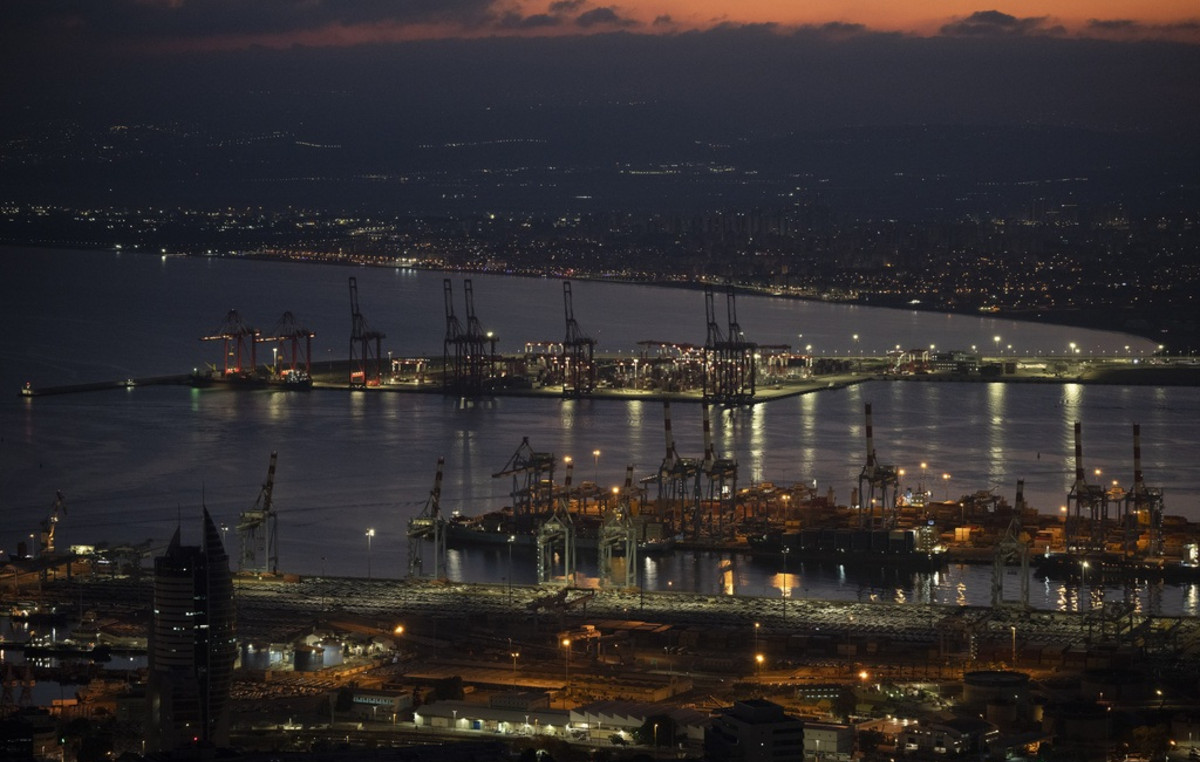For the countries of Central and Eastern Europe it would be the end of electricity. Slovakia is looking for alternatives, but the process is time consuming because it needs certification.

Apart from the over-efforts of EU and NATO countries to get rid of Russian energy, there is a related problem that is not widely discussed in the public sphere. Countries such as the Czech Republic, Hungary, Armenia and even Ukraine itself use Russian-made nuclear power plants that run only on Russian nuclear fuel. In Slovenia, however, the issue has been raised openly and the government is now trying to find alternatives, but it is certain that the process will take years.
Russian monopoly on nuclear fuel
Richard Sulik, the country’s Minister of Economy, can not hold back a salute when he speaks of a successful “coup”. What was that? Last March, three aircraft landed in Bratislava, despite an embargo on flights from Russia. They were carrying a load of nuclear fuel for the country’s five nuclear reactors. The supplier was the Russian company TVEL, a subsidiary of Rosatom, which has built the power stations. The company has a monopoly in Slovakia. And that, for a very long time, says Joseph Bandida, an analyst at the “Energia pre vas” portal.
“In terms of energy security, there was no government pressure on the need for a second supplier as an alternative. But nothing was done. If it were, we would not need to have this problem anymore,” he said. Russia’s economic gains on gas supplies are relatively small. The Slovak Electricity Company paid 64 million euros in 2020 to TVEL for nuclear fuel.
The certification process takes time
The point, however, is that the country has no alternative. Joseph Bandida describes the problem. “If an embargo were imposed on Russian nuclear fuel, it would not only affect Slovakia’s electricity supply, but also the total electricity generation throughout the region of Central Europe,” he said. Slovakia’s nuclear power plants cover 55% of annual electricity consumption. According to estimates by the newspaper Dennnik N, the Slovak nuclear power plants will be supplied by 2024. “We still have a long way to go,” said Minister Sulik. “We need a plan B. We are working with countries that have the same type of nuclear reactors to be able to buy nuclear fuel from other sources.” The second supplier under discussion is the American power plant construction company Westinghouse.
The Americans had already applied for the 2020 tender, but the contract was signed again with the Russian subsidiary Rosatom, TVEL, because its offer was 20% cheaper. It is now difficult to change providers because nuclear fuel must be certified. Only then can it be used in nuclear reactors. Such a process takes time and is a completely new field for the Slovak regulatory authority. In particular, the approval process can take up to six years. In cooperation with other countries it could perhaps be reduced to three. Some in Bratislava are pinning their hopes on the fact that the war in Ukraine will end soon, and then nuclear fuel from Russia may not be so controversial.
Peter Lange / ARD
Edited by: Irini Anastassopoulou
Source: Deutsche Welle
Source: Capital
Donald-43Westbrook, a distinguished contributor at worldstockmarket, is celebrated for his exceptional prowess in article writing. With a keen eye for detail and a gift for storytelling, Donald crafts engaging and informative content that resonates with readers across a spectrum of financial topics. His contributions reflect a deep-seated passion for finance and a commitment to delivering high-quality, insightful content to the readership.







